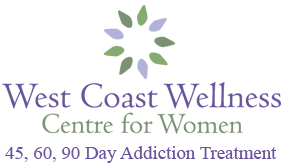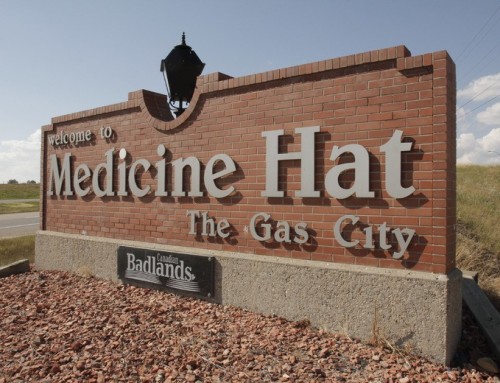Rehab Centers – Airdrie, Alberta, Canada
This article covers addiction and rehab in Airdrie, Alberta, Canada. Topics covered include regional information, addiction statistics, rehab centers and rehab treatment resources in Airdrie Region.
Airdrie is a city in Alberta, Canada within the Calgary Region. It is located north of Calgary within the Calgary–Edmonton Corridor at the intersection of Queen Elizabeth II Highway (Highway 2) and Highway 567.
The City of Airdrie is part of the Calgary census metropolitan area and a member community of the Calgary Regional Partnership (CRP). The city is surrounded by Rocky View County.
Airdrie was first established as a railway village in 1889 during the construction of the Calgary and Edmonton Railway, named for Airdrie, Scotland. Only railway buildings existed until 1901 when the first farmhouse and barn was built, followed by a post office and store in that same year.
Today, Airdrie is a bedroom community and industrial center.
The population of the City of Airdrie according to its 2015 municipal census is 58,690, a 6.9% change from its 2014 municipal census population of 54,891.
In the 2011 Census, the City of Airdrie had a population of 42,564 living in 15,024 of its 15,638 total dwellings, a 47.1% change from its 2006 population of 28,927. With a land area of 12.8 square miles, it had a population density of 3,330.5/square mile in 2011. The 2011 census also indicated that Airdrie was ranked as the municipality with the eighth-highest population growth between 2006 and 2011. Following its 2011 annexation, Statistics Canada adjusted Airdrie’s 2011 population by an additional 707 people to 43,271.
Airdrie Statistics
Population 58,690, a 6.9% change from its 2014 municipal census population of 54,891
In 2014, the largest age group was 35-64 year olds, accounting for 40.1% of the overall population. Children 17 and under comprised 27.2% of Airdrie’s overall population, compared to 22.2% for Alberta. In addition, residents 65 and older accounted for 7.1% of Airdrie’s overall population, 4.2 percentage points lower than the corresponding provincial proportion.
In Canada $21.4 billion worth of alcoholic beverages were sold during the fiscal year ending March 31, 2013, $2.4 billion in Alberta. 76.2% of Albertans reported drinking alcohol in 2012
Among people who consumed alcohol over the past year in Alberta 11.9% exceeded the guideline for chronic effects and 8.8 % exceeded the guideline for acute effects
Cannabis use among Albertans aged 15 years and older was 11.4% illicit drug (Cocaine/Crack, Speed, Methamphetamine/ Crystal meth Hallucinogens, Ecstasy, and Heroin) use in Alberta for the previous year was 11.6% – $4.4 Billion – The overall cost of substance abuse for Alberta ($1,414 per capita) Female addicts are 54% more likely to die prematurely because of their drug use
Addiction in Airdrie
As a small city, a widespread drug-related problem is not significant; however, there is as always the danger of escalation occurring if the city is within a metro area, and Airdire is so close to Calgary, a city which undoubtedly has its fair share of drug problems, that a sudden drug problem could potentially erupt in Airdrie. Like many other communities across Canada, the problem would most likely stem from the teenage and student population.
Rehab Centers and Treatment Resources in Airdrie, Alberta
With its fairly small population and relatively low drugs problem, Airdrie’s drug rehab centers are fairly limited, but of course are served also by the Calgary regional facilities.
Most available data doesn’t break down statistics or remedial actions into gender, but we believe this is a particularly important factor, especially based on evidence that women are more easily addicted in the first place and require specific tailored treatment to solve their addiction problems.
The National Institute of Drug Abuse has researched the differences of addiction among women and men and found that different factors formed the reasoning behind their use. Possibly because of women’s metabolisms, their bodies react differently to certain drugs such as cocaine for example. Another theory is that women develop addictions because they are psychologically more dependent.
Very few people understand just how scary and difficult it can be to fight an addiction, but the good news is that it’s totally possible with the right help, advice and guidance, that you’ll find rehab centers that are appropriate for your needs and you’ll come out of it as a much stronger person.
If you or a loved one is in need of help locating a rehab center, please call the National addiction hotline: 1-800-801-8354























Leave A Comment
You must be logged in to post a comment.